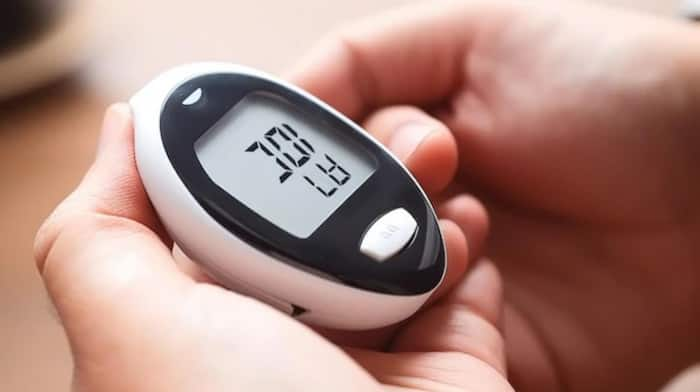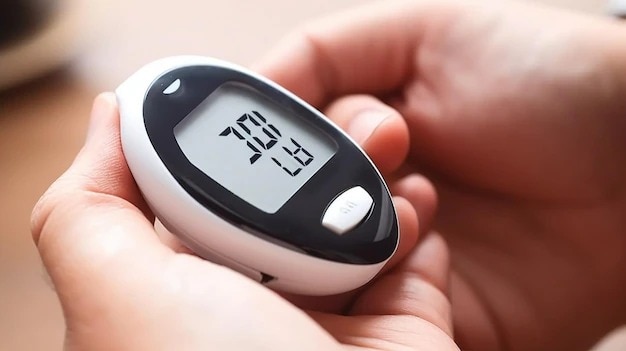Diabetes Management: By taking proactive steps in the morning, you can set the tone for the rest of the day and help maintain stable blood sugar levels

Managing blood sugar levels is a vital aspect of diabetes care and an essential component of overall health. The morning is a particularly critical time, as blood sugar levels can naturally rise during the night due to the body’s hormonal rhythms. By taking proactive steps in the morning, you can set the tone for the rest of the day and help maintain stable blood sugar levels. Here are some key morning steps to control blood sugar for a healthier day.
MORNING ROUTINE TO CONTROL BLOOD SUGAR
- Check Your Blood Sugar: Start your day by checking your fasting blood sugar levels. This will give you an idea of where your blood sugar stands in the morning and help you adjust your treatment plan accordingly.
- Eat a Balanced Breakfast: A balanced breakfast can help stabilise blood sugar levels. Include complex carbohydrates, protein, and healthy fats in your breakfast. For example, opt for whole-grain oats with nuts, seeds, and berries, or whole wheat toast with peanut butter and a piece of fruit.
- Portion Control: Be mindful of portion sizes. Overeating can cause blood sugar spikes. Use measuring cups or a food scale to ensure you’re eating the right portion sizes
- Chose Low-Glycemic Foods: Low-glycemic foods release glucose slowly into the bloodstream, helping to prevent rapid blood sugar spikes. Foods like steel-cut oats, whole grains, non-starchy vegetables, and legumes are good choices.
- Fibre-Rich Foods: Foods high in fibre, such as vegetables, fruits, whole grains, and legumes, can help control blood sugar levels. Fibre slows down the absorption of glucose, preventing rapid spikes.
- Protein Intake: Including protein in your breakfast can help stabilise blood sugar levels. Options like eggs, greek yoghurt, lean meats or tofu are good sources of protein.
- Medication Management: If you have diabetes and your morning blood sugar levels consistently remain high despite making dietary and lifestyle changes, consult your healthcare provider. They may need to adjust your medication or treatment plan.
Remember that individual responses to foods and lifestyle changes may vary. It’s essential to talk to your doctor or dietitian, to create a personalised plan for managing your blood sugar levels effectively.

